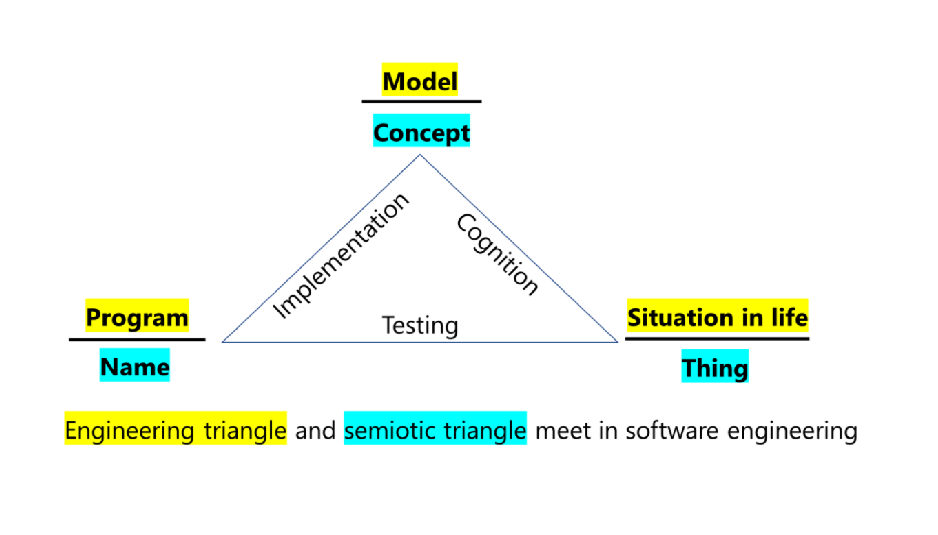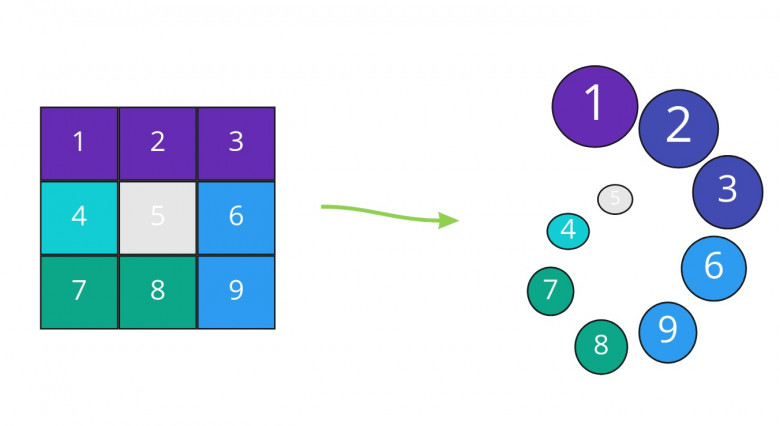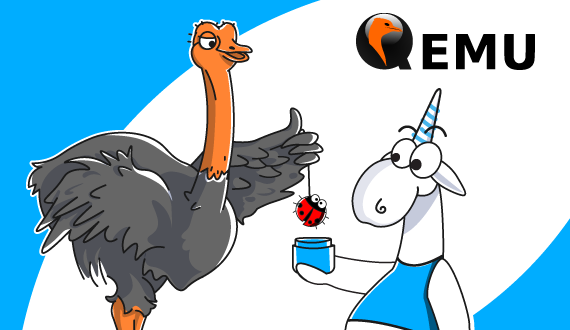Replit 101: Learn to Use Replit Agent and Deploy Your First App

Did you know that coding tools have evolved so rapidly that they're now shaping the future of programming itself? As technology advances, platforms like Replit are leading the charge, making coding more accessible and collaborative than ever before. In this article, I'll show you what Replit is and how to use it.




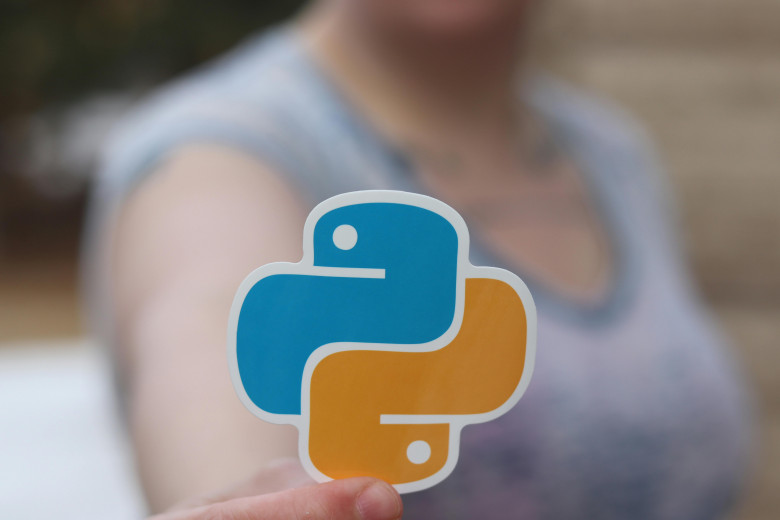
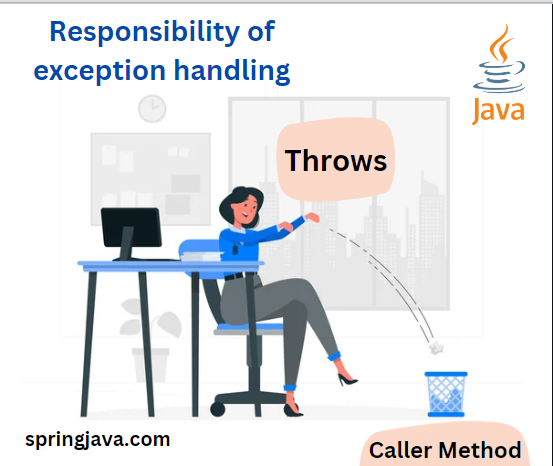
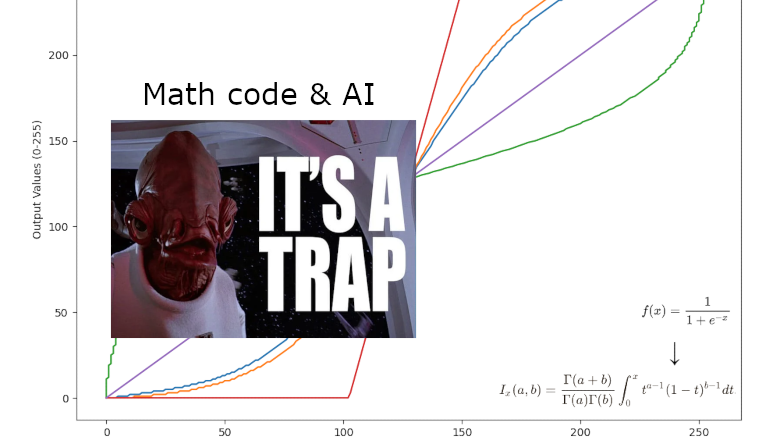
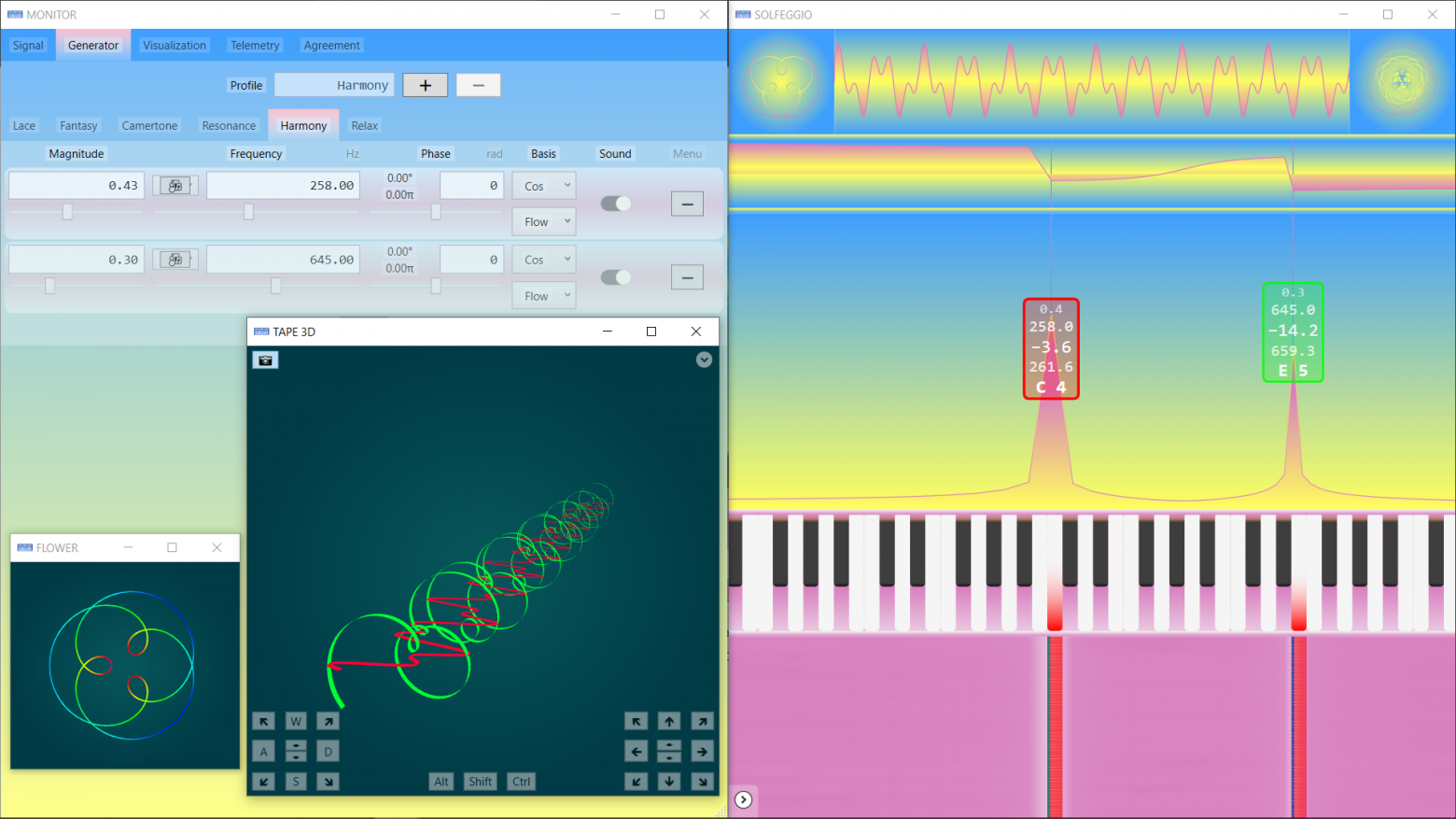
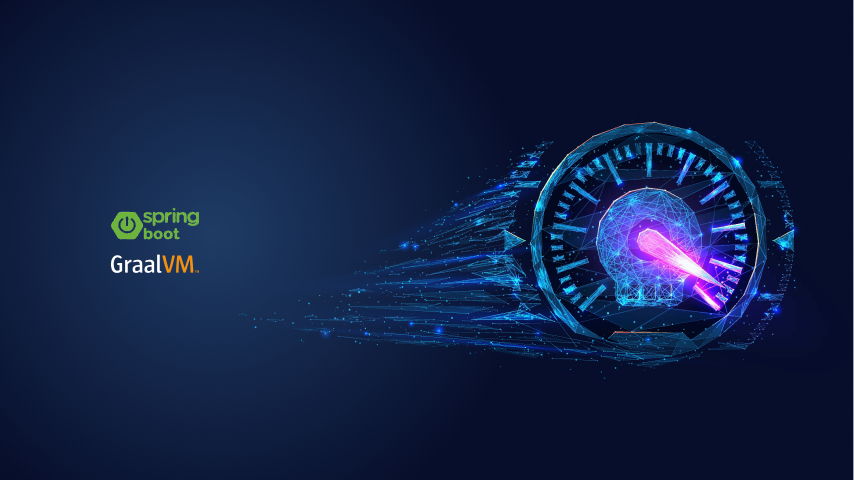
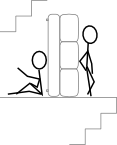

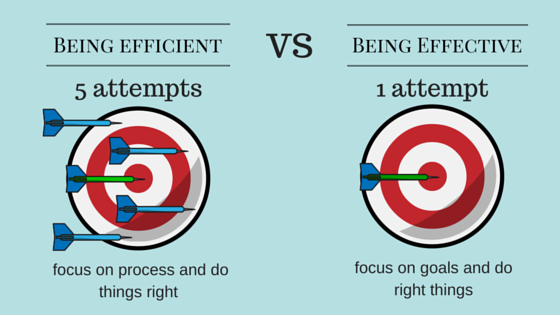

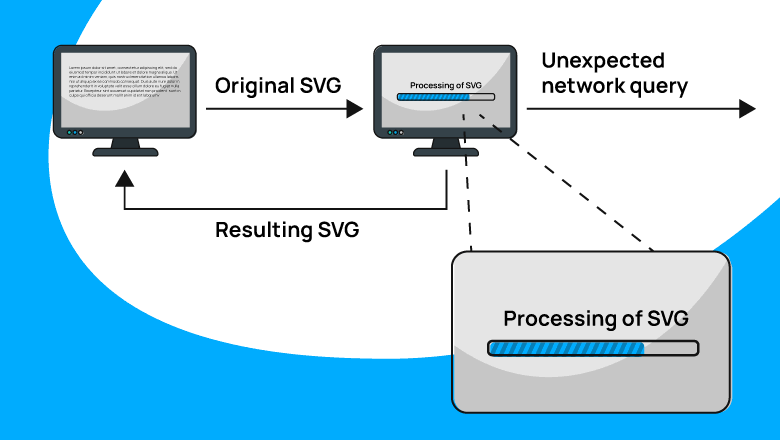
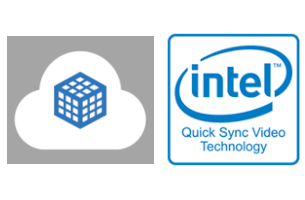 Since 2011 all Intel GPUs (integrated and discrete Intel Graphics products) include Intel Quick Sync Video (QSV) — the dedicated hardware core for video encoding and decoding. Intel QSV is supported by all popular video processing applications across multiple OSes including
Since 2011 all Intel GPUs (integrated and discrete Intel Graphics products) include Intel Quick Sync Video (QSV) — the dedicated hardware core for video encoding and decoding. Intel QSV is supported by all popular video processing applications across multiple OSes including 